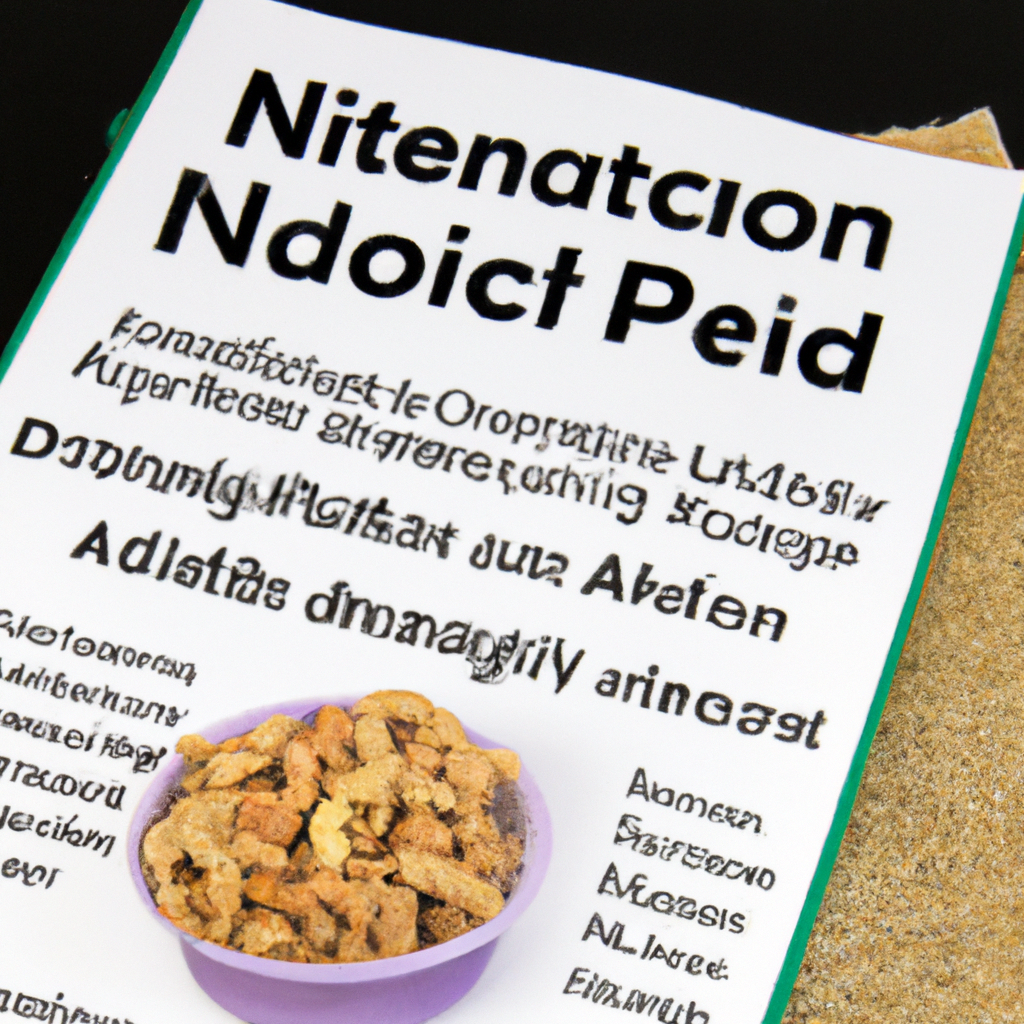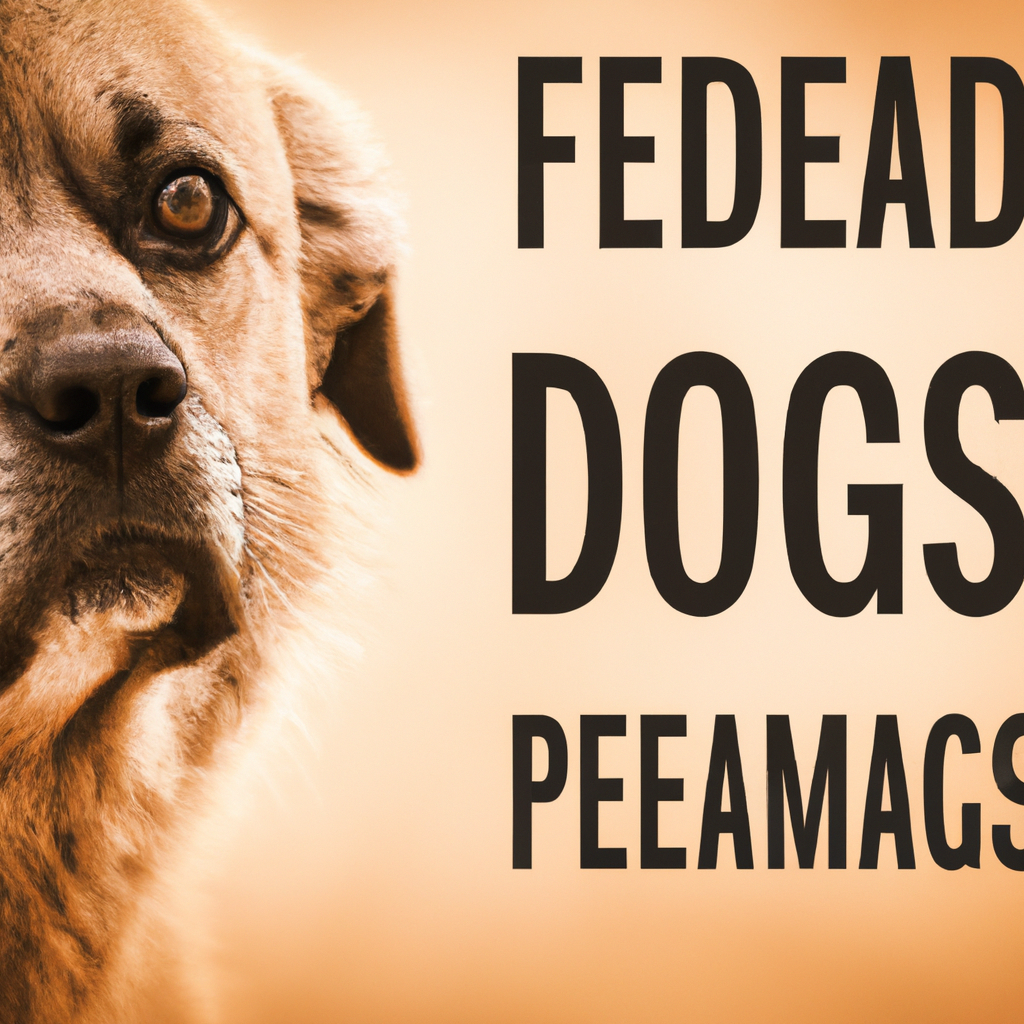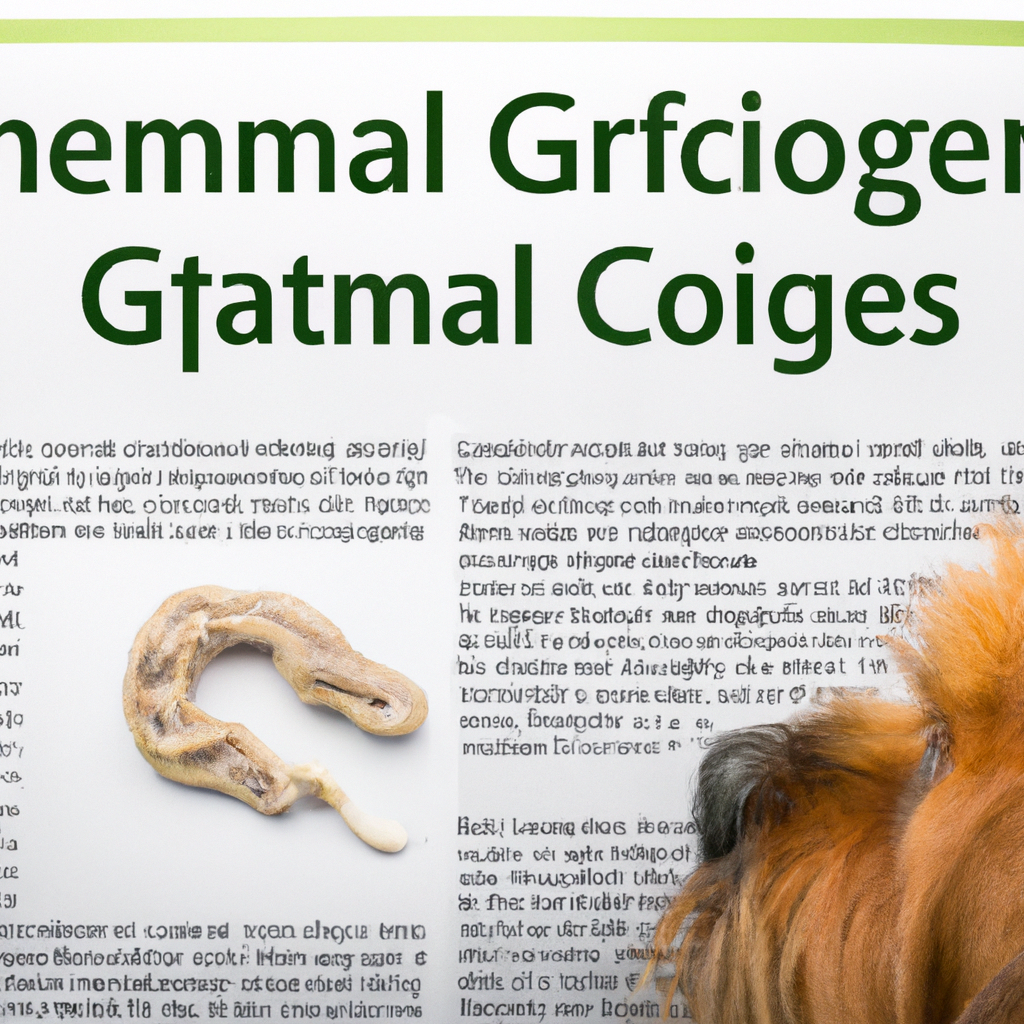The Role of Proper Nutrition in Preventing and Managing Digestive Issues in Dogs
The Role of Proper Nutrition in Preventing and Managing Digestive Issues in Dogs The Importance of Nutrition in Dogs

The Role of Proper Nutrition in Preventing and Managing Digestive Issues in Dogs
The Importance of Nutrition in Dogs
Just like humans, dogs heavily rely on proper nutrition for overall health and wellbeing. A balanced diet plays a crucial role in preventing various health issues, including digestive problems. When it comes to digestive health, what dogs eat can significantly impact their gastrointestinal system, making it essential to provide them with the right nutrients and ingredients.
Common Digestive Issues in Dogs
Digestive problems are relatively common in dogs and can vary in severity. Some of the most frequent digestive issues include:
- Diarrhea: Loose, watery stools that can be caused by various factors such as dietary changes, food allergies, or gastrointestinal infections.
- Vomiting: The forceful expulsion of stomach contents, often resulting from eating something unsuitable or a gastrointestinal disturbance.
- Gas: Excessive flatulence, which can be caused by poor digestion, swallowing air, or consuming ingredients that create gas.
- Constipation: Difficulty passing stools due to insufficient fiber intake, dehydration, or underlying medical conditions.
The Impact of Nutrition on Digestive Health
Proper nutrition plays a crucial role in preventing and managing digestive issues in dogs. Here are a few ways it influences their gastrointestinal health:
- Dietary Fiber: A balanced diet rich in fiber promotes healthy digestion, prevents constipation, and maintains regular bowel movements.
- High-quality Ingredients: Feeding dogs high-quality, easily digestible ingredients reduces the risk of food intolerances, allergies, and adverse reactions that can lead to digestive problems.
- Probiotics: Probiotics can aid in maintaining a healthy balance of gut bacteria, improving digestion, and preventing gastrointestinal disturbances.
- Hydration: Proper hydration is essential for optimal digestion. A diet containing moisture-rich food, such as wet dog food or a combination with fresh water, ensures dogs remain hydrated.
- Feeding Schedule and Portion Control: Establishing a consistent feeding schedule and monitoring portion sizes helps prevent overeating and digestive discomfort.
Choosing the Right Dog Food
When choosing dog food to support optimal digestion, it’s important to consider several factors:
- Quality Ingredients: Look for dog food made with high-quality ingredients, avoiding unnecessary fillers, artificial additives, or preservatives.
- Specific Nutritional Needs: Different dogs have unique dietary requirements. Consider factors like age, breed, size, and any existing health conditions when selecting the appropriate diet.
- Veterinary Recommendations: Consult with your veterinarian to determine the best type of dog food based on your pet’s individual needs and any specific digestive issues they may be experiencing.
Conclusion
A well-balanced diet plays a critical role in preventing and managing digestive issues in dogs. By providing dogs with proper nutrition, ensuring adequate fiber intake, and considering their specific needs, we can support their digestive health and overall wellbeing. Remember to consult with your veterinarian to create a personalized diet plan tailored to your dog’s unique requirements.






